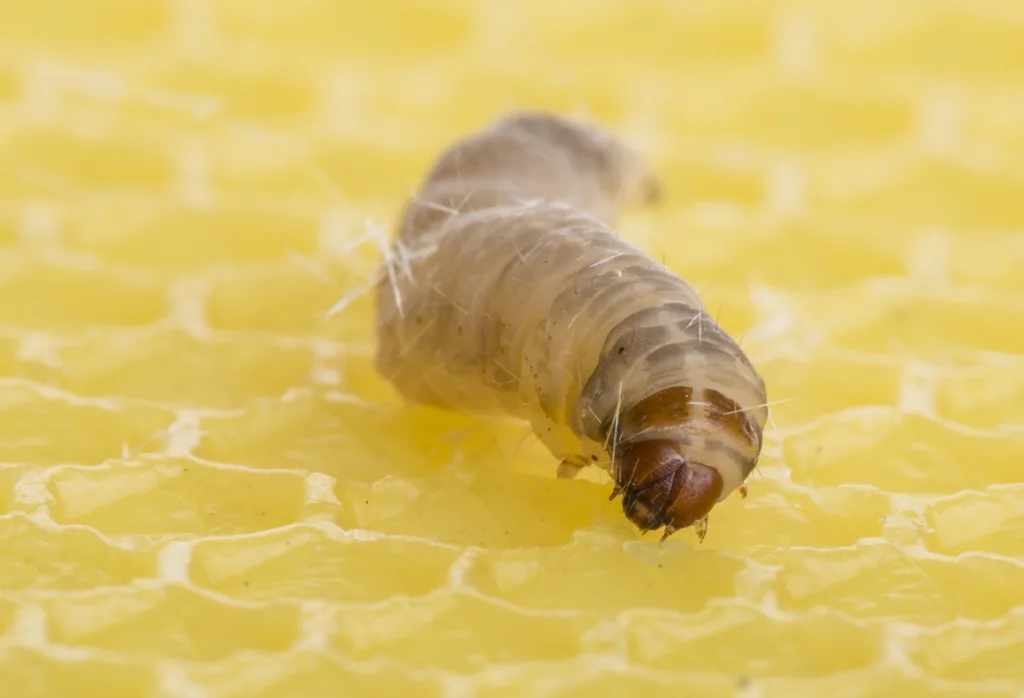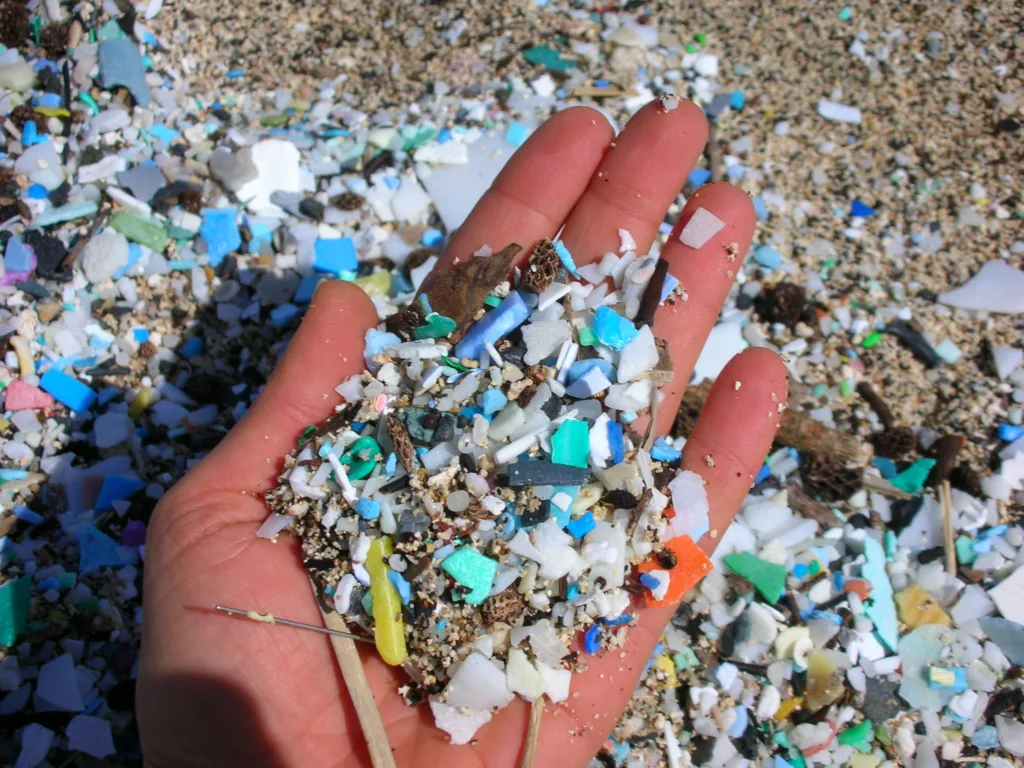Polyethylene, plastic for short. It’s used everywhere, from the humble water bottle to grand and towering airplanes. We all hear that plastic doesn’t decompose, but many of us adopt an “out of sight, out of mind” thinking process. But, all because you can’t see a problem doesn’t mean that it’s not there.
Over 170 trillion plastic pieces are in our oceans currently, with that number exponentially skyrocketing. This causes several issues, primarily a negative impact on wildlife and ecosystems within the ocean (colloquially referred to as plastic pollution).
Fish (among other aquatic creatures) run the risk of being constricted by plastic rings, eating miniature pieces of them, or even having them cut against their skin. Not only this, but the plastic itself is toxic, with it containing thousands of chemicals that are harmful for aquatic life but also anyone else who comes in contact with contaminated water, humans included.
Since the dawn of its creation, it was just assumed as an unfortunate reality that we had to accept: gain a powerful, versatile, and cheap material and sentence the oceans and all the life it maintains to the guillotine. After all, it would cost an arm and a leg (upwards of $150 billion specifically) to remove the majority, not even all, of the plastic.
But what if human hands combined with those of Mother Nature? What if we called upon the meek insects that scurry on the floors we stepped on to remove this pollution? What if we found a solution to this problem, a cheap and readily available cure for this illness? Well, that may just be possible.
October of 2022 brought more than just the welcoming of Halloween, it also was the time of a critical discovery: a type of caterpillar whose spit could decompose plastic. This was oddly enough discovered by a hobbyist beekeeper named Federica, who placed these caterpillars (wax moth in particular) into a plastic bag and found out briefly afterward that they had escaped, leaving multiple holes as their tunnels to freedom.
But first, let’s review how they were able to do that. They utilized two specific enzymes, or proteins designed to cause a biochemical reaction, named Ceres and Demeter. These were considerably faster at decomposing plastic than traditional means (e.g. fungi or general bacteria), which could take weeks at a time.
Scientists are currently looking to harvest and mass-produce these enzymes to decompose plastic at a more global scale. Although this is still in the beta phase of testing, it does offer a multitude of questions. How much faster do these enzymes decay plastic than conventional means? Are there other enzymes like this? How long will it take before it can be synthesized and ready for mass engineering?
But, it does offer something important: a step in the right direction. With the capabilities of science and the will of those who desire clean water free of plastic residue, anything is possible, just maybe with the help of some little bugs by our side.





